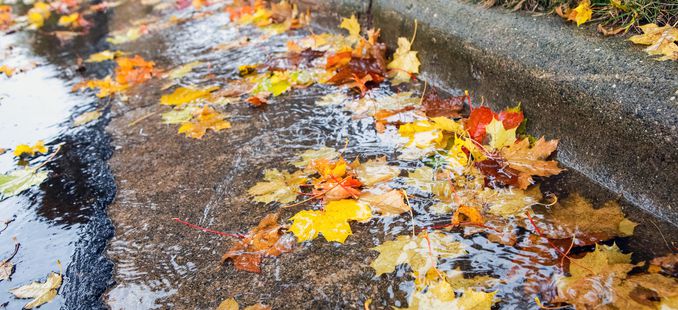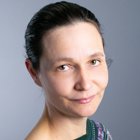
Turku UAS' projects improve education related to water and prepare for climate change
The Waterline project started in October and the RESIST project at the beginning of the year. Turku UAS participates in the projects as a partner.
Text: Siiri Welling
Turku University of Applied Sciences Water and Environmental Engineering research group participates in the international Waterline project , the goal of which is to create a unified digital higher education model focused on water research and education.
In practice, the purpose is to provide wider training opportunities for experts who work with water issues. For example, experts working with wastewater, stormwater or natural waters could in the future benefit from a Europe-wide study module, where deeper expertise can also be gained by utilizing the study modules of other universities.
– In its simplicity, the purpose is to create a virtual learning environment that gives students the opportunity to learn practical things from another university with the help of virtual reality or augmented reality, explains Jan-Hendrik Körber, Senior Advisor at Turku University of Applied Sciences.
One part of the project is also to find out whether it is possible to create a common higher education degree between higher education institutions in the European region that would be related to water skills. At that time, each higher education institution would have its degree related to water skills, but it would be possible to complete its sub-areas flexibly in other parts of Europe so that the credits would be uniform.
– Thanks to this, Turku University of Applied Sciences could offer wider study opportunities and specialization paths. For example, now, the study content of Turku University of Applied Sciences is strongly related to stormwater management and natural waters, and not so much to, say, process engineering-like drinking water research, says Körber.
The Waterline project started at the end of last year. Turku University of Applied Sciences helps to plan study modules and helps collect feedback on them. Körber believes that building a decent AR or VR infrastructure as a tool for unified education is a long process.
– We are trying to create a strong foundation in the project with follow-up projects, through which we hope it will be possible to further develop the virtual learning environment, says Körber.
There are a total of fourteen different entities in the Waterline project. The project is coordinated by MCAST – The Malta College of Arts, Science & Technology.
RESIST prepares for climate change
Turku University of Applied Sciences is also involved in the extensive European RESIST project, the purpose of which is to promote regional adaptation to climate change. Climate change requires the introduction of nature-based water management methods in both stormwater and runoff water management. The goal is to prepare for the risks of floods and droughts caused by extreme weather events, both in agricultural and forestry areas and in urban areas. The consortium of Southwest Finland is coordinated by Valonia and the Regional Council of Southwest Finland. In addition to Turku UAS, the project's implementers are the City of Turku, the University of Turku and the Natural Resources Institute Finland.
– We participate in planning, monitoring, and modelling objects and producing digital twins. In the project, we are also developing and researching different means of control, incentives, information, and business models, with the help of which we can increase the investments of both private and public actors in nature-based stormwater solutions that promote adaptation to climate change, says Piia Leskinen, head of the Water and Environmental Engineering Research Group at Turku University of Applied Sciences.
The Resist project will continue until 2027, and it is part of a large group of 13 European countries and a total of 57 partners. Both the Resist and Waterline projects are financed by the EU's Horizon programme.

